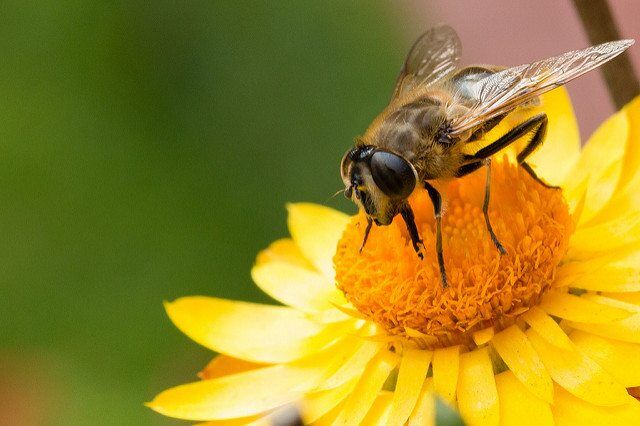
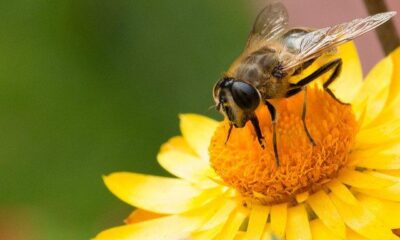

Friends of the Earth nature campaigner Sandra Bell has reacted to a review published today in Nature warning that pollinators face numerous threats that must be addressed...
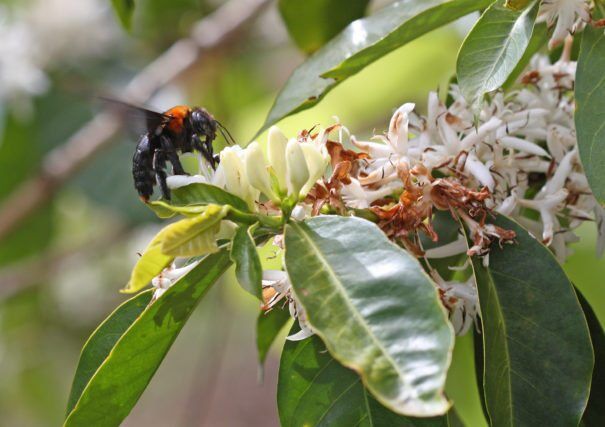
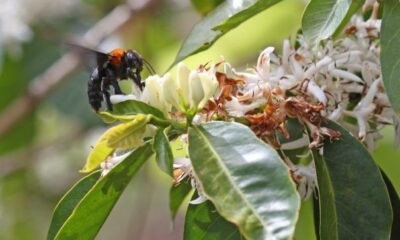

Scientists have stated ways in which governments can help to secure the future of pollinators such as bees, flies and wasps, including pesticide regulation, diversified farming systems...



A beautiful garden provides many different things. It can be a safe play area for the kids. It is a quiet retreat on a sunny day....
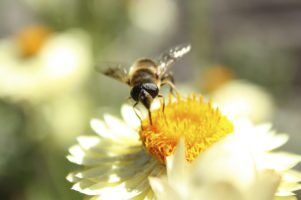


New research published in PeerJ has identified the most serious future opportunities, as well as threats, for pollinating species which provide essential agricultural and ecological services across...
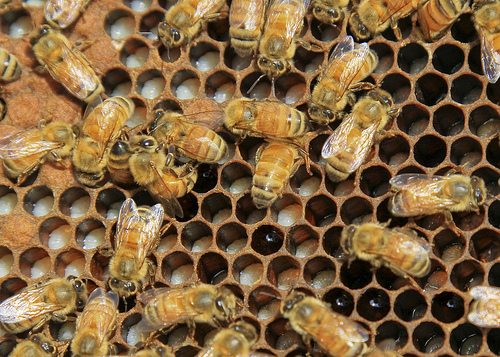
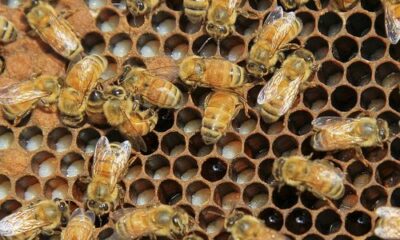

Bee conservation efforts should focus on more bee species, not just those currently providing value by pollinating crops, in order to prevent future changes affecting the...
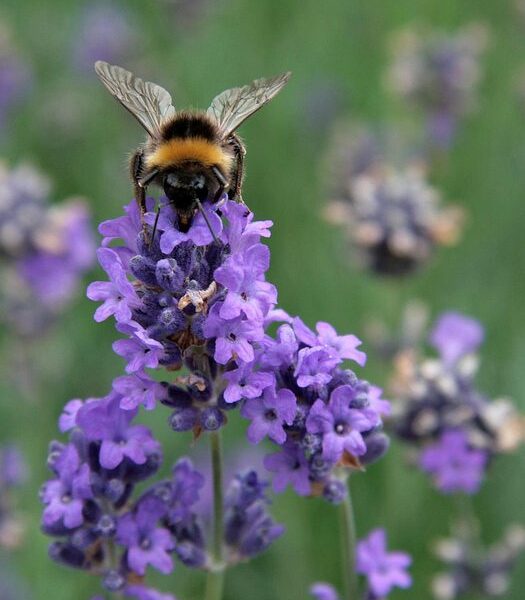
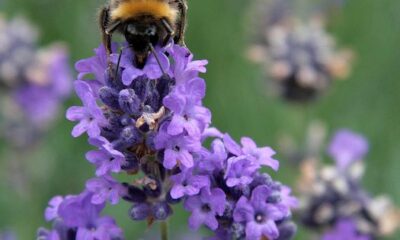

Campaign group 38 Degrees has called on Secretary of State for Environment Elizabeth Truss not to lift the ban on toxic neonicotinoids responsible for pollinators’ decline....



It’s called Colony Collapse Disorder (CCD). A bustling beehive that seems healthy will quickly turn into a ghost town. A live queen may be left behind,...



Viruses carried by commercial bees, used for honey or to pollinate crops, risk spreading diseases to wild pollinator populations with potentially “devastating effects”, researchers from the...
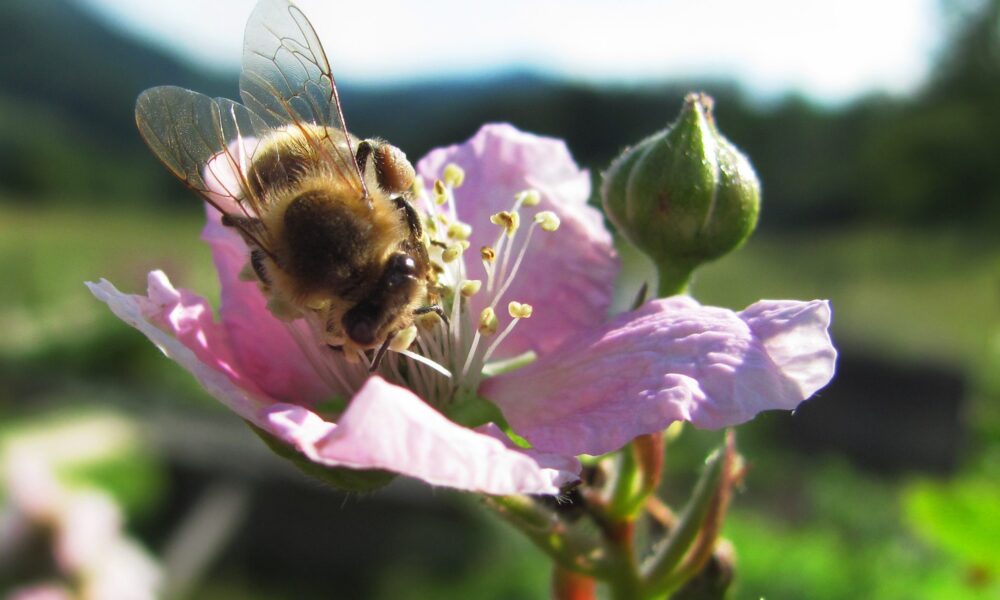
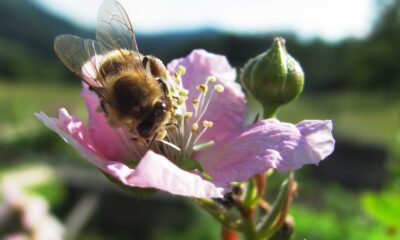

A UK academic at the annual conference of the Soil Association has strengthened the case for the EU-wide ban on neonicotinoid pesticides, revealing mounting evidence of...
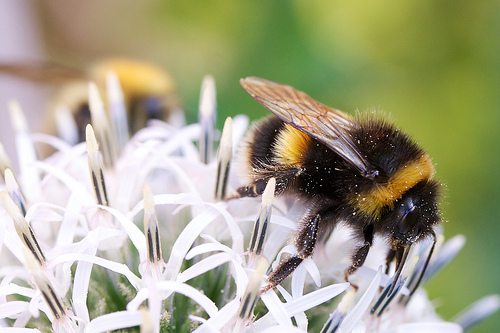
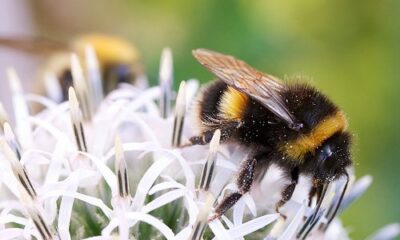

A nationwide school science experiment has revealed that bumblebees prefer suburban areas to rural places, because of the wider variety of flora. EDF Energy’s Big Bumblebee...

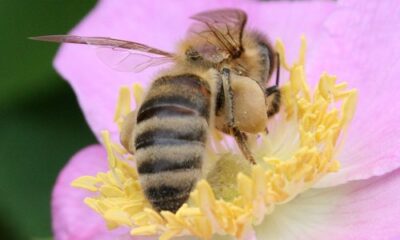

MPs have criticised government plans to use research funded by pesticide manufacturers in its National Pollinator Strategy, which will look at the impact of chemicals on...
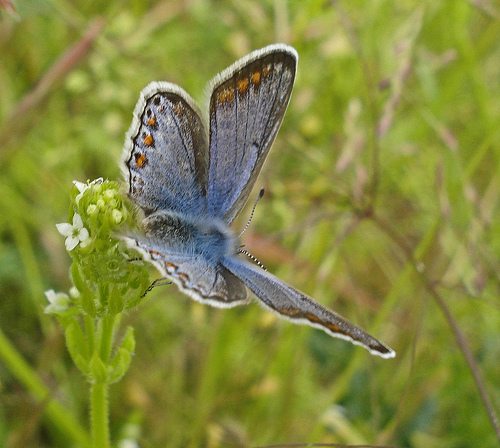
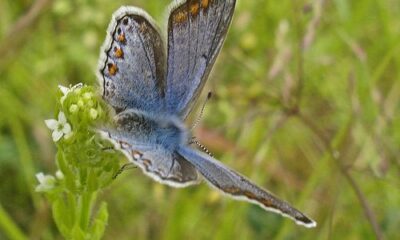

Populations of invertebrates such as insects, spiders and worms – many of which are essential to the health of ecosystems – have fallen by 45% on...
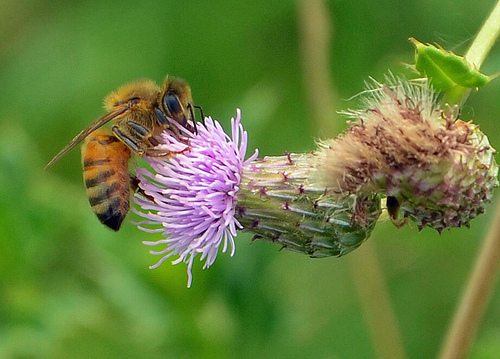
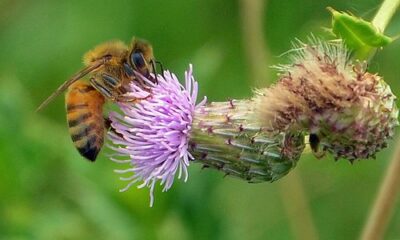

The Department for Environment, Food and Rural Affairs has called for Britons to take five simple actions to help bees thrive, creating a favourable environment for...

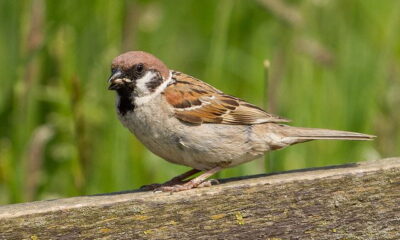

Insectivore birds in areas heavily treated with neonicotinoids, which have been proven to harm pollinators, have declined significantly compared to farms where the chemical is used...



The agri-business giant Syngenta has withdrawn its controversial application to use a banned pesticide in the UK, after campaigners warned that the chemical could have a...